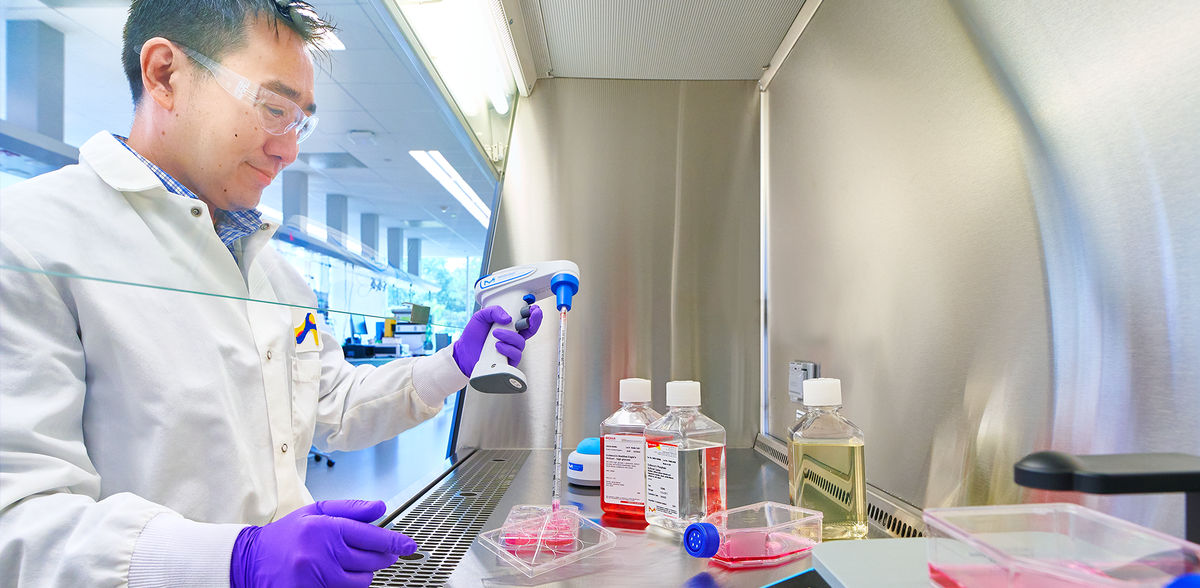Merck to Acquire HUB Organoids Holding B.V.
Acquisition to advance company's cell culture portfolio with internationally recognized pioneer in organoid development
Merck has signed a definitive agreement with the intention to acquire HUB organoids Holding B.V. (HUB). Organoids are cell culture models that functionally resemble an organ. They have the potential to speed up drug development, improve understanding of disease treatment in diverse populations, and reduce the industry’s reliance on animal testing. HUB is a pioneer in the field of organoids. The company is based in Utrecht, Netherlands and employs around 70 people. Terms of the deal were not disclosed. The transaction is expected to close at the end of December 2024.
“HUB’s leadership in organoids and services strengthen Merck’s already robust portfolio, underscoring our focus on the strategic innovation area of next-generation biology,” said Jean-Charles Wirth, Head of Science & Lab Solutions for the Life Science business of Merck. “For researchers working on novel approaches to treat today’s most challenging diseases, organoids offer critical insights into biologic systems. We look forward making it faster and easier for scientists to get from samples to solutions.”
HUB possesses the foundational patent portfolio on organoids and has a service offering ranging from new model generation to assay development and high-throughput screening. This adds to and enhances Merck’s portfolio of cell culture reagents, tools and benchtop instruments for academia, biotech, and pharma customers. HUB’s technology enables drug developers to identify and validate potential clinical candidates in a patient-relevant in vitro system, closing the gap between the lab and clinical trials.
“Our proprietary technology stands at the forefront of solutions that are driving a paradigm shift for drug discovery and development,” said Robert Vries, CEO of HUB Organoids. “Merck’s resources will act as a multiplier for our business. This allows us to significantly expand our reach and increase our impact with customers and, ultimately, patients.”
The promise of organoids also contributes to Merck’s sustainability, diversity, and inclusion ambitions. The use of organoids may allow researchers to limit their reliance on animal testing by reducing stages in the R&D process, positively contributing to more environmentally sustainable alternatives. Organoids also create opportunities for genetically diverse populations to be reflected in research. They allow scientists to better understand drug interactions in patient populations that are underrepresented in clinical trials.
Most read news
Organizations
Other news from the department business & finance

Get the life science industry in your inbox
By submitting this form you agree that LUMITOS AG will send you the newsletter(s) selected above by email. Your data will not be passed on to third parties. Your data will be stored and processed in accordance with our data protection regulations. LUMITOS may contact you by email for the purpose of advertising or market and opinion surveys. You can revoke your consent at any time without giving reasons to LUMITOS AG, Ernst-Augustin-Str. 2, 12489 Berlin, Germany or by e-mail at revoke@lumitos.com with effect for the future. In addition, each email contains a link to unsubscribe from the corresponding newsletter.





















































